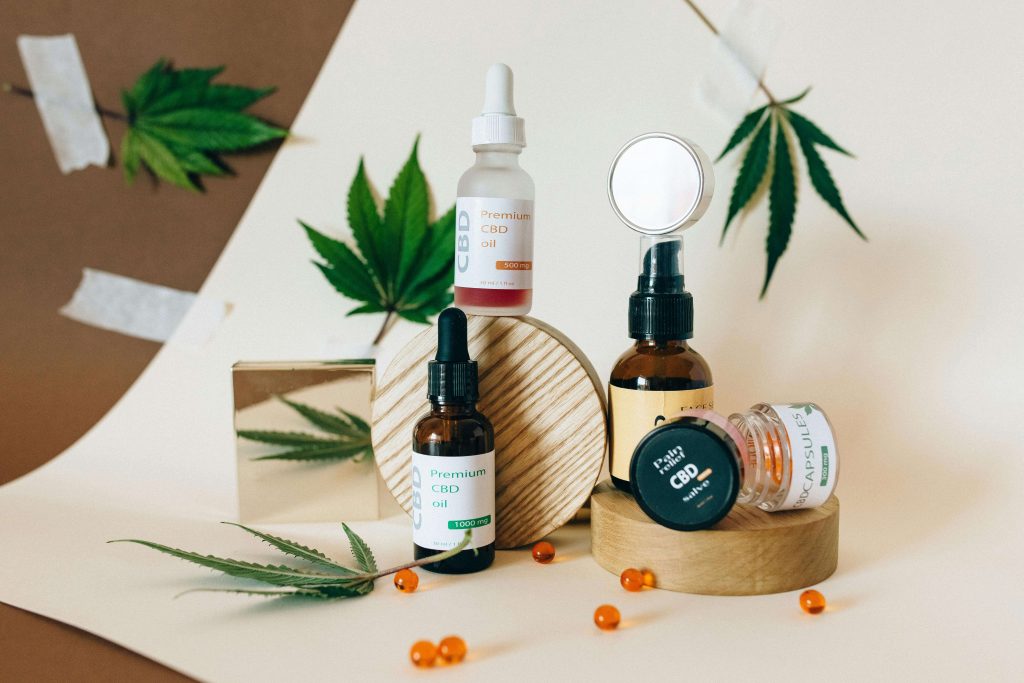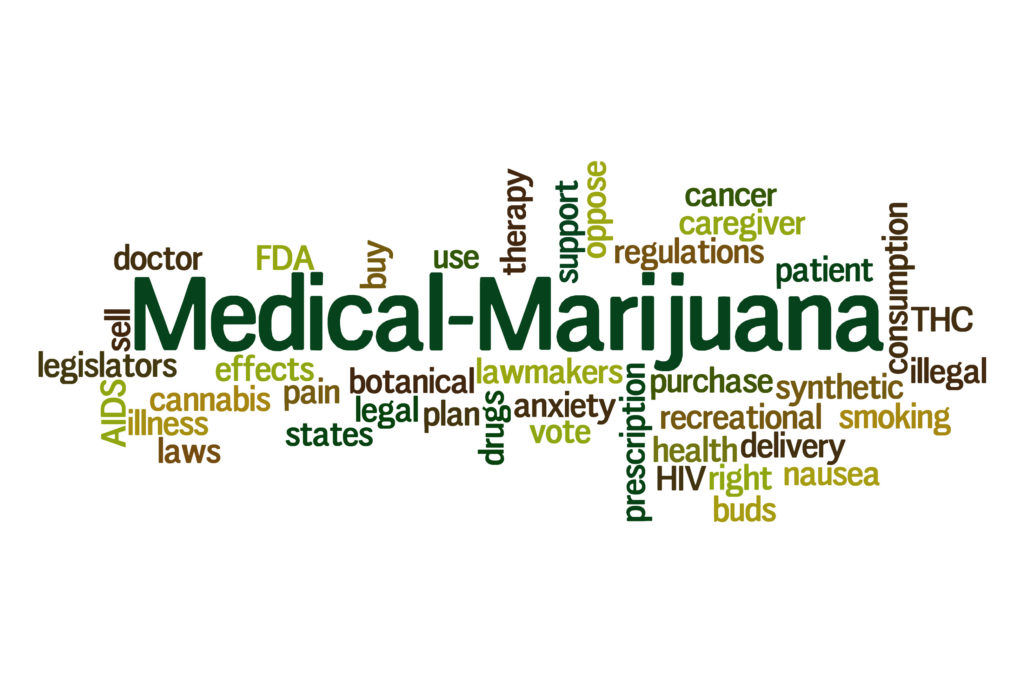Cannabis and Elderly Care
Pexels has provided the following image: Safeguarding Vulnerable Populations: Cannabis and Elderly Care – Understanding the Benefits and Risks At Vancouver Home Health Care Agency, our commitment is rooted in caring and compassion, ensuring that your well-being remains at the heart of what we do. In this blog post, we delve into the topic of …




